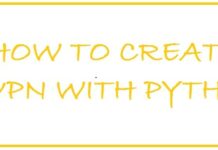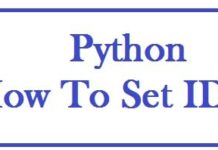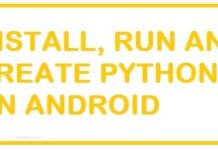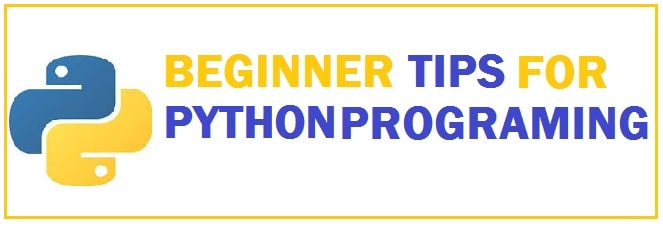
If you have landed here, you already know what Python is. Let me get this straight. This will never work like learning Python in a month or in 24 hours! NO. It doesn’t work like that, It will take time and practice. We have compiled a list of 9 guidelines or tips to help you learn Python faster as a beginner if you never touched coding before.
Does it sound convincing? A little.
First, when you intend to learn something, you must know “how” to learn. The reason is that as a language evolves, various libraries are created, and their tools are upgraded. When you know how to learn, it becomes fairly easy to keep up with all the changes and become a professional in the respective field.
9 ways to help you understand and write code in Python faster
Practice more coding
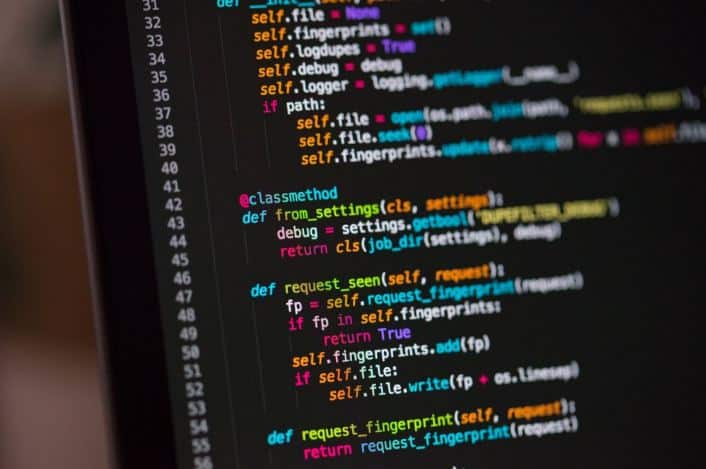
It’s not about learning the language but consistency is the key whenever you want to learn something new. The same is the case when you commit to code daily. For those who do not know muscle memory plays an important role in programming. Doing this shall help develop muscle memory. If you think this is too much, you can start with 40 minutes a day and then increase it as days pass.
Code on pen and paper (Seriously)
Always take notes by hand as they are beneficial for long-term retention. If you want to opt for this as a full-time profession, we suggest that you do it as a must as in many interviews, you shall be asked to write code on a whiteboard.
Once you start with small projects and programs, doing this will also help you plan your code before you even make your way to the system. Moreover, it shall help you save time and help you interact.
Think out of the box
The best learning tool is the interactive shell you are learning about data structures, which include strings, lists, dictionaries and debugging in any application.
To use this which is also known as Python REPL you need first to have it installed on your system
Take small steps
While you learn it is always important to take some time off and absorb the learned concepts, then take a break and repeat, why not play a game or go out for a small walk Taking in breaks is critical to having an effective study especially when you are taking in new information.
When you are debugging breaks are important to take. If there is a bug and you cannot figure it out then it is good that you go for a break, step away from the system and take a walk or talk to someone.
When programming make sure that you follow all the rules of language and logic; if you even miss a quotation mark then it shall have an impact and break everything. So having fresh eyes matters a lot.
INTERESTING READ: Why IDEs are Important (Their benefits and Types).
Seek Help when you are stuck
This is more of work together learning. When you are learning Python and surrounded by all those who are learning it as well, it makes it a productive environment. Like this, you share tips, and tricks and learn new techniques along the way.
Now, what if you do not know anyone or no one in your close circle loves programming as much as you do then don’t worry as you can find many ways to meet others who are passionate about learning this programming language.
Learn by helping others
Teach others to learn and keep that thing stored in your mind. It involves whiteboarding with other lovers of Python, writing blog posts explaining newly learned concepts, recording new videos in which you explain what new you have learned, or talking to yourself about your system. These are some strong strategies that shall make your understanding better.
Work as a team
This technique involves two developers working on the same task at one workstation. Now how it is done is they switch between being “driver” and “navigator”. The code is written by the driver, and the navigator helps guide the issue resolution and reviews the written code. To learn more and get benefits from both sides they frequently switch positions.
It has many benefits:
- There is someone to review your code.
- You get to know how another person might be thinking on the problem.
- You are exposed to new ideas.
- Diversity in ways of thinking.
Start small, build big
For a beginner, you should involve yourself in small exercises to help you gain confidence and develop muscle memory. You can start building as soon as you have a solid hold on basic data structures such as strings, lists, sets, dictionaries, object-oriented programming and writing classes.
What you are building is not important; how you build it matters. This is something which shall teach you the most.
Following are some ideas that we have compiled to help you start:
- Simple calculator application.
- Number guessing game.
- Dice roll simulator.
- Bitcoin price notification service.
Check out and be part of the open-source community
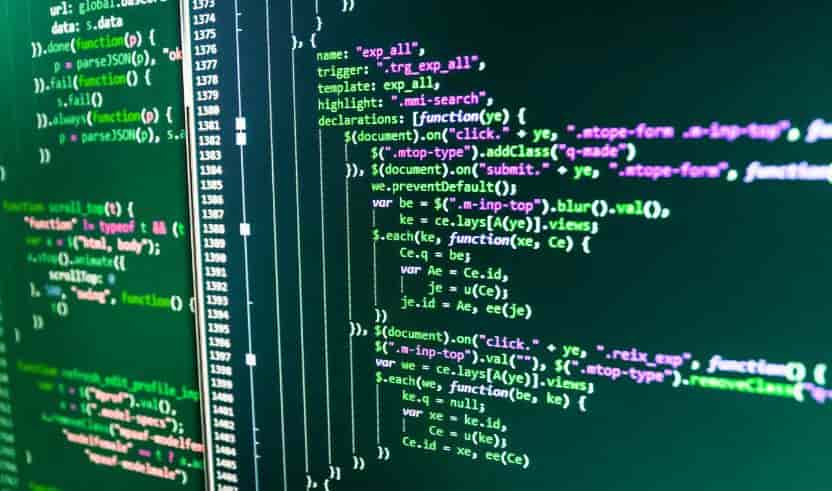
For those who do not know about open-source, well it is a kind of software code available publically to all and anyone can collaborate with it. If we talk about Python libraries, many of these come in as open-source projects and contribute. Moreover, today, many companies and organizations publish projects as open-source. To summarize, you can work with code written and produced by engineers in such companies and organizations.
Contributing to an open-source project will give you all your knowledge and experience. For example, you submit a bug fix request; for this, you submit a “pull request” for the fix to get patched into the code.
The project managers shall review your work after this, and they will also comment on it and provide recommendations. Through this, you shall be aware of all the dos and don’ts, learn about the best practices for Python programming, and practice communicating with other developers.
Tip of the day: Look at open-source and beginner-friendly projects on places like GitHub, SourceForge, and even GitLab.
2 Useful sites/forums that you can find help at:
Summary
Learning Python is not as easy as it seems! It takes hard practice and dedication to get the grips. However, there are various helpful online courses, documentation and integrated development environments that have helping tools that help (autofill) code. It’s a bit like grammar that you can use but for code! Check out our Ninja IDE Python coding tool that is compatible with Windows and Linux and has PEP8 and a built-in code locator.

